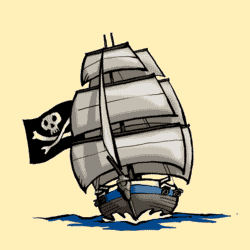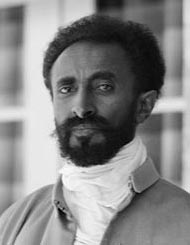 On this day 37 years ago the Republic of Mozambique gained its independence from Portugal. The great Portuguese explorer Vasco da Gama is the first recorded European to have landed in the area in 1498 after sailing round the Cape of Good Hope. He met the Sultan of Mozambique before sailing northwards for Mombasa. Less than a decade later, Portuguese traders arrived in force to take control of Indian Ocean trade and colonise the area.
On this day 37 years ago the Republic of Mozambique gained its independence from Portugal. The great Portuguese explorer Vasco da Gama is the first recorded European to have landed in the area in 1498 after sailing round the Cape of Good Hope. He met the Sultan of Mozambique before sailing northwards for Mombasa. Less than a decade later, Portuguese traders arrived in force to take control of Indian Ocean trade and colonise the area.
Following the second world war, independence movements gained in popularity and power across Africa. A number of pro-independence movements arose in Mozambique, and in 1964 FRELIMO (the Front for the Liberation of Mozambique) began an intermittent guerrilla war against Portuguese rule. Then, following a military coup in Portugal in 1974, FRELIMO seized control of Mozambique and most of the Portuguese residents left voluntarily or involuntarily.
Mozambique became independent of Portugal on 25 June 1975, but when the new government supported the South African and Zimbabwean rebel movements, the governments of those countries helped to build up a new Mozambican rebel movement, RENAMO. A civil war began in 1977 and ended in 1992 after peace accords were negotiated by the churches. The country is now a multi-party democracy, although plagued by the corruption and political troubles experienced by many poor countries.








